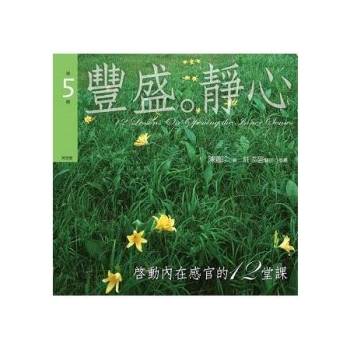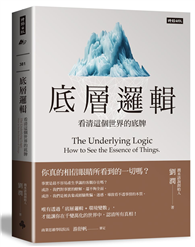This study examines the practice and functions of literary translation in Anglo-American Modernism. Rather than approaching translation as a trans-historical procedure for reproducing semantic meaning between different languages, Yao discusses how Modernist writers both conceived and employed translation as a complex strategy for accomplishing such feats as exploring the relationship between gender and poetry, creating an authentic national culture and determining the nature of a just government, all of which in turn led to developments in both poetic and novelistic form. Thus, translation emerges in this study as a literary practice crucial to the very development of Anglo-American Modernism.
| FindBook |
有 1 項符合
Translation and the Languages of Modernism: Gender, Politics, Language的圖書 |
 |
Translation and the Languages of Modernism: Gender, Politics, Language 作者:Yao、Steven G 出版社:Palgrave MacMillan 出版日期:2003-02-06 語言:英文 規格:精裝 / 291頁 / 22.1 x 15 x 2.3 cm / 普通級 |
| 圖書館借閱 |
| 國家圖書館 | 全國圖書書目資訊網 | 國立公共資訊圖書館 | 電子書服務平台 | MetaCat 跨館整合查詢 |
| 臺北市立圖書館 | 新北市立圖書館 | 基隆市公共圖書館 | 桃園市立圖書館 | 新竹縣公共圖書館 |
| 苗栗縣立圖書館 | 臺中市立圖書館 | 彰化縣公共圖書館 | 南投縣文化局 | 雲林縣公共圖書館 |
| 嘉義縣圖書館 | 臺南市立圖書館 | 高雄市立圖書館 | 屏東縣公共圖書館 | 宜蘭縣公共圖書館 |
| 花蓮縣文化局 | 臺東縣文化處 |
|
|
圖書介紹 - 資料來源:博客來 評分:
圖書名稱:Translation and the Languages of Modernism: Gender, Politics, Language
|










